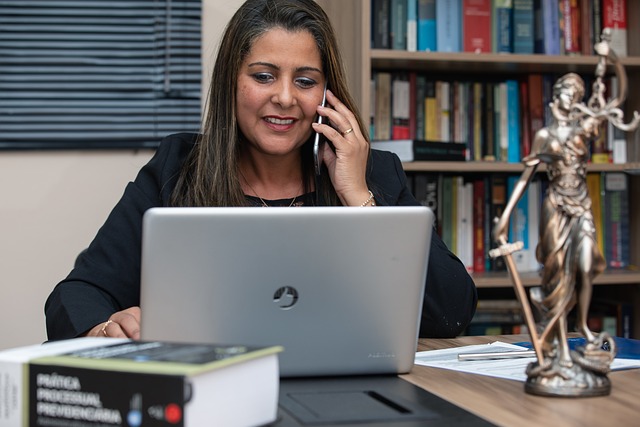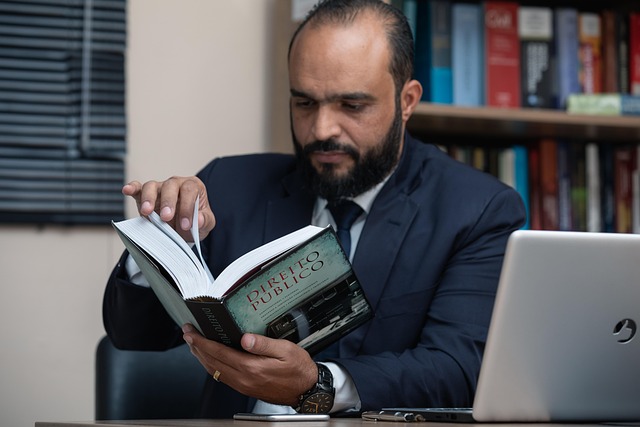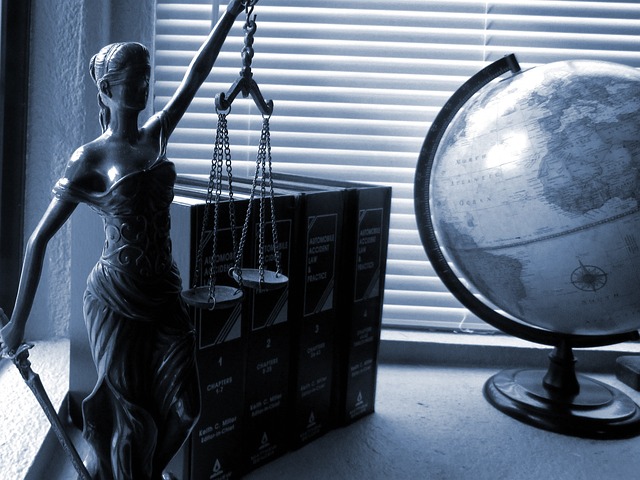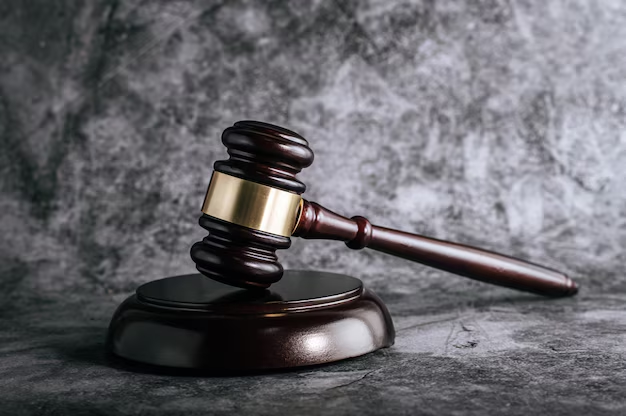Facing criminal charges is a life-changing and intimidating process. Whether you are arrested and charged with Driving While Intoxicated (DWI) or accused of a more serious crime, the criminal justice system is intimidating and unforgiving.
Your choices—from what you say to the officer to how you behave in the courthouse—can majorly impact your life.
However, having a qualified attorney is what counts. A Criminal Defense Lawyer in Oklahoma defends your rights and helps guide you through court.
From building a sound defense strategy to negotiating with prosecuting attorneys, a professional attorney helps guide you in making the proper decisions and pursuing the optimum outcome.
Knowing what to anticipate in working with a defense lawyer prepares you for what is ahead. Dividing the process into smaller pieces so you feel confident in how you will tackle your case.
1. Initial Consultation with a Criminal Defense Attorney
To begin with, the initial consultation is crucial for setting the foundation of your defense. For example, if you are charged with a crime in San Antonio, consulting with a San Antonio Criminal Defense Lawyer allows you to discuss your case, understand your legal options, and plan the next steps.
At this meeting, your attorney will review the details of your arrest, the charges, and the evidence available. They will also determine if there was a possible violation of your rights, i.e., unlawful searches or a failure to read your Miranda rights.
Meanwhile, you have to collect and bring with you relevant documents such as police reports, court notices, and witness testimony to equip your attorney with adequate information.
Most importantly, your attorney will apprise you of whether your case could lead to a dismissal, a plea bargain, or a trial and prepare you accordingly.

2. Confidentiality and Attorney-Client Privilege
At the same time, everything you discuss with your attorney is confidential. However, some people hesitate to share details, fearing judgment or further legal trouble.
Attorney-client privilege makes what you say confidential and something your attorney is not entitled to disclose without your approval. It makes you free to build the strongest possible defense.
Additionally, being frank about every fact—even seemingly incriminating—helps prepare your attorney in advance in anticipation of potential issues in your case. Not informing them about significant information could cause unforeseen issues in court.
Therefore, trusting and fully informing your lawyer is within their ability to build the strongest possible defense.

3. Case Investigation and Evidence Collection
After you engage a lawyer, they will thoroughly investigate your behalf. However, such a process is not instantaneous and includes the process of securing a variety of information sources.
Your defense counsel will examine police reports, body camera video, surveillance camera video, and forensic evidence to identify inconsistencies. If the police acted unlawfully—searching without a warrant or infringing on your civil rights—your counsel could move to suppress unlawfully gained information.
Additionally, your lawyer can interview witnesses and talk with private investigators to discover fresh evidence favorable to your defense.
Meanwhile, identifying loopholes in the prosecution’s argument would result in dropping charges, reducing penalties, and even a complete dismissal.
Thus, an aggressive investigation is essential in exposing loopholes in the prosecution and building a sound defense.

4. Development of a Defense Strategy
After gathering information, your attorney will craft a strategy based on the specifics of your matter. But not every strategy is the same—one matter is not equal to the next.
Some standard defensive moves are:
- Questioning the admissibility of the evidence (e.g., disputing a flawed breathalyzer reading in a driving while intoxicated (DWI) matter).
- Arguing self-defense in cases involving assault or homicide.
- Proving mistaken identity or false allegations.
- Showing a violation of civil liberties (e.g., illegal seizure and search, forced confession).
Meanwhile, your lawyer will keep you updated every step of the way, keeping you posted on every available legal recourse and every decision made.
Thus, hiring a professional and experienced criminal defense attorney ensures that every available defense is explored and utilized on your behalf.
5. Negotiations with Prosecutors
Most criminal charges are not brought to court, but even that is not a guarantee that they will be resolved quickly.
Your attorney negotiates with the prosecuting attorneys in a way aimed at decreasing charges, decreasing penalties, or securing a diversion sentencing program. If the prosecution is not vigorous, your counsel may negotiate a reduction in charges or a grant of probation in place of jail.
At the same time, the defendant is often pressured into pleading guilty to avoid going on trial. Without a lawyer, you will likely settle for a worse offer that could have been negotiated on your behalf.
At the same time, a seasoned criminal defense attorney knows prosecutorial strategy and how to negotiate for desired outcomes.
Therefore, having a professional negotiator on your side is a key solution to obtaining the desired outcome.
6. Representation in Court
If your matter is taken to court, your lawyer represents you in every court hearing. Preparations for a trial are made much in advance of the day on which you are in court.
Your lawyer would prepare and make opening and closing speeches, cross-examine witnesses, and raise points in the prosecution testimony. They would also call professional witnesses on your behalf.
Meanwhile, courtroom strategy is on a level with knowledge about the law. The top defense attorney is a master at influencing jurors, finding gaps in the prosecution’s argument, and zealously protecting your freedom.
Therefore, hiring a court-practiced attorney guarantees a tenacious defender on your behalf in court.
7. Communication and Case Updates
Your attorney will inform you about court dates, motions, and negotiations in your matter. However, staying in touch and being involved are equally critical.
Your attorney will break down legal terminology and processes in simple words and answer every question you have. In return, you will follow every instruction of legal counsel, keep schedules, and not do anything that would damage your case.
Hence, keeping your lawyer in constant communication guarantees you are well-equipped for each step.
Wrapping Up
Charges of a criminal offense are intimidating, but with a Criminal Defense Attorney on your side, your future and rights are protected.
Your criminal defense attorney sherman tx will craft a solid defense, refute the prosecution, and negotiate the optimum resolution from the initial consultation to courtroom representation. Knowing what is going on keeps you in the loop, prevents pitfalls, and helps you productively cooperate with your attorney.
Whether negotiating a plea deal or preparing a trial, having a professional legal counsel available will position you better. The sooner you act, the better prepared and positioned you’ll be.
If you are a family member facing a crime, don’t wait. An assertive defense attorney can change the course and safeguard your future today.



































